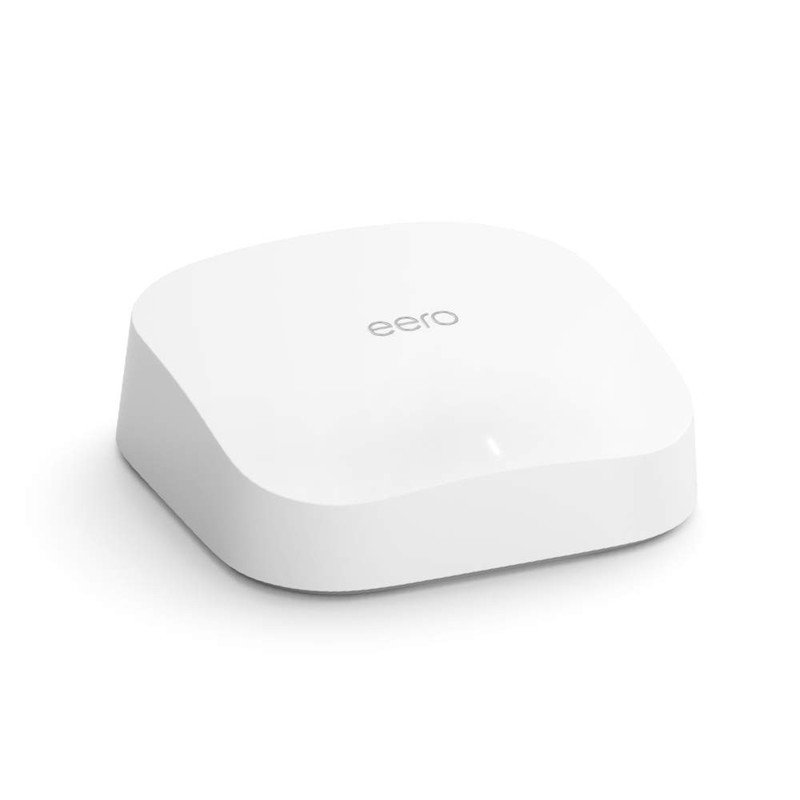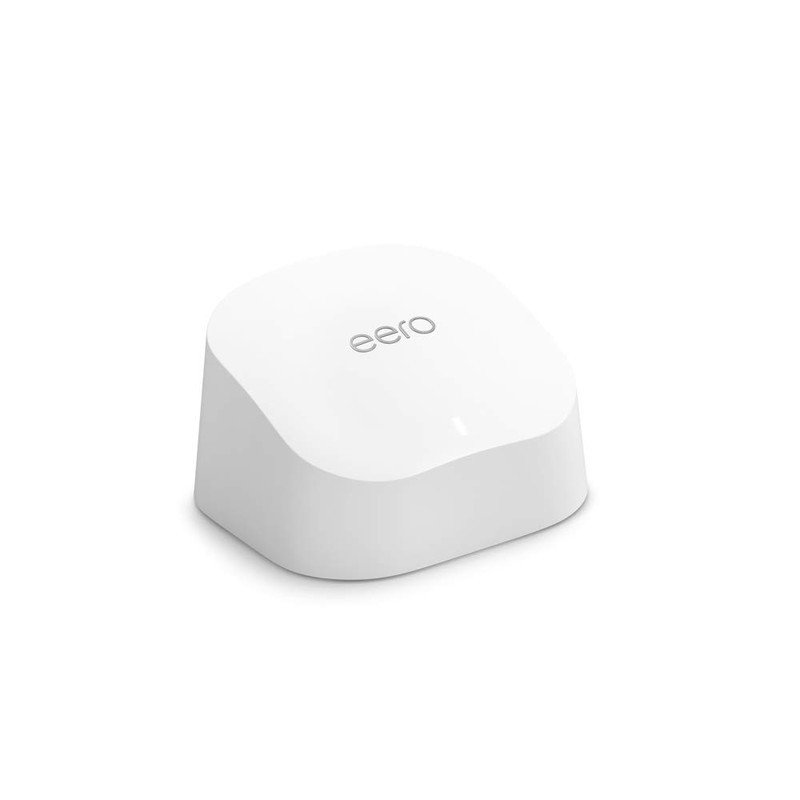Mesh router vs. Wi-Fi extender: Which one should you buy?

Ensuring that your whole home has solid Wi-Fi coverage can be tricky at times, and there are a few different routes you could take to get that whole-home coverage. For example, you could expand what your current, basic router offers with a Wi-Fi extender. Or, you could get a mesh router like the new Eero 6 and Eero Pro 6, that comes with multiple access points and automatically connects you to the closest one.
There are pros and cons of each of those options -- and one might be a better choice for your needs, depending on your setup and budget. To help you figure out whether to get a Wi-Fi extender or a mesh router, we've put together this guide.

Everything you need for whole-home Wi-Fi
The Eero Pro 6 brings internet coverage to your entire home, with tri-band support and improved range. With support for Wi-Fi 6, tri-band the router will allow you to fully take advantage of your internet speed.
Pros and cons of Wi-Fi extenders
Wi-Fi extenders are a quick, easy way to get improved range from your existing router, without having to buy an all-new system. The result of that is that they can be cheaper than mesh systems, because they're really just piggy-backing off your existing setup.
But there are some major drawbacks to that. For starters, Wi-Fi extenders usually create a new network in your home, and simply relay the information that it receives from your old router to your devices. In other words, you may have to deal with juggling two networks in your home, and you could run into issues around having different devices talk to each other on a network. And, that may mean that you have to manually switch between networks to get the fastest connection. It's also important to note that while Wi-Fi extenders can extend the range of your system, they can also make it slower thanks to the fact that they'll use up some of your router's bandwidth.
Pros and cons of mesh routers
Mesh routers, like the Eero 6 and Eero Pro 6 solve most of the issues around Wi-Fi extenders, but they cost a little more upfront. That's because of the fact that they replace your existing router, plus they come with other devices that connect to that router -- blanketing your whole home with a Wi-Fi signal.
With a mesh Wi-Fi system, while you may have two or three connected devices set up, it all acts like one network. And it's pretty seamless too. Your access points know which will provide the fastest signal, so you're automatically connected to the right one as you move around the house. If you end up moving, it's usually pretty easy to add to your system with the addition of another access point.
Mesh routers also often have other smart features. For example, they can communicate to each other through a different frequency than the Wi-Fi signal, reducing strain on bandwidth, and freeing it up for your devices. And, setting up these networks is much easier, and they can usually be set up simply by following instructions in an app, which can also be used to manage your network later on. Lastly, because they're usually easy to use and manage, they can offer features like Eero's Eero Secure+ subscription service, which heightens the security of your system with encryption and safety filters.
Be an expert in 5 minutes
Get the latest news from Android Central, your trusted companion in the world of Android
Which should you get?
Ultimately, if you can afford to spend a little extra cash, it's worth getting a mesh network. Sure, they are usually a bit more expensive, but the result of paying that extra money is that you'll get excellent coverage throughout your home, plus you won't run into headaches related to having multiple networks set up at once. If you can't spend the cash, a Wi-Fi extender will still do the trick of expanding your home's coverage, but mesh routers are more hassle-free, easy to use, and ensure a reliable connection in your home.


